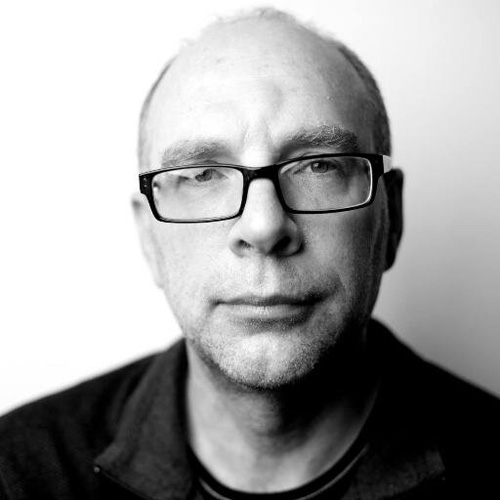
This post originally appeared at PressThink.
This person — a political journalist: intelligent, informed — appears on my TV screen regularly during those roundtables where pundits try to dissect the news:
In our current Polarized America, is it possible for Americans to be unified on anything?
— amy walter (@amyewalter) December 5, 2015
Over at the ‘Meet the Press’ website, where NBC’s Chuck Todd holds forth, this question was recently asked:
Why the selective political outrage?
It says something about our current polarized politics, as well as the sheer number of violent killings in this country, when the left and right are picking which mass shootings to exploit and fit into their own worldview. We saw it play out last week after a deranged man killed three people at a Planned Parenthood facility in Colorado. And we saw it play out yesterday after we learned a Muslim married couple killed 14 in San Bernardino, CA — though we’re still learning more about their actual motive. But here’s our question: Shouldn’t our national and political outrage be the same, whether the shooter cried out “No more baby parts” or whether the shooters were Muslim with Arabic-sounding names?
It’s hard to know how seriously to take their bewilderment. These are people who live daily with “the partisan divide,” a cliché they helped make into a cliché. But on the chance that they’re being sincere let me be equally straight with them…
Every time you had to “leave it there” after ideologies clashed mindlessly, fruitlessly. Every dubious truth claim you had to let pass because challenging it might interrupt the flow or make you sound too partisan. Every time you defaulted to “will it work?” when the bigger question was “is it so?” Every dutiful effort you made to “get the other side” without asking if the number of sides was really two. Every time you asked each other “what’s the politics of this?” so you could escape the tedium and complexity of public problem-solving. Every time you smiled weakly to say “depends on who you ask” before launching into a description of public actors who dwell in separate worlds of fact. Every time you described political polarization as symmetrical when it isn’t. Every time you denied that being in the middle was a position so you didn’t have to ask if it was a defensible one. Every time you excluded yourselves from a faltering political class. Every pox you put on both houses because it felt good to float above it all. Every eye you rolled at the humorless scolds who rage at the White House Correspondents dinner. Every time you jeered at the popularity of “partisan media” without reminding yourself “…there goes our audience.” Every time you laughed at The Daily Show’s treatment of you with no companion sense of dread. (They’re on to us.) Every time you said “the truth is probably somewhere in the middle” when you really had no clue. Every time you pointed with pride to the criticism you were getting from both sides, assuming it meant you were doing something right when you might have been doing everything wrong. Every operative you turned into an expert. Every unprincipled winner you admired for their savvy. Every time you thought it was not up to you to judge when it was on you — especially on you — to assess, weigh and, yes, judge.
All of it, every moment like that had the effect of implicating you in this mess.
Look: I am not saying journalists are the ones we should blame for American’s dysfunctional politics. So if that’s how you read me… well, you misread. But I do consider them active participants in the events that got us here. Instead of turning to us to ask, “Why can’t you people get along with each other?” they should be trying to pinpoint it for themselves: Where did we go wrong?




